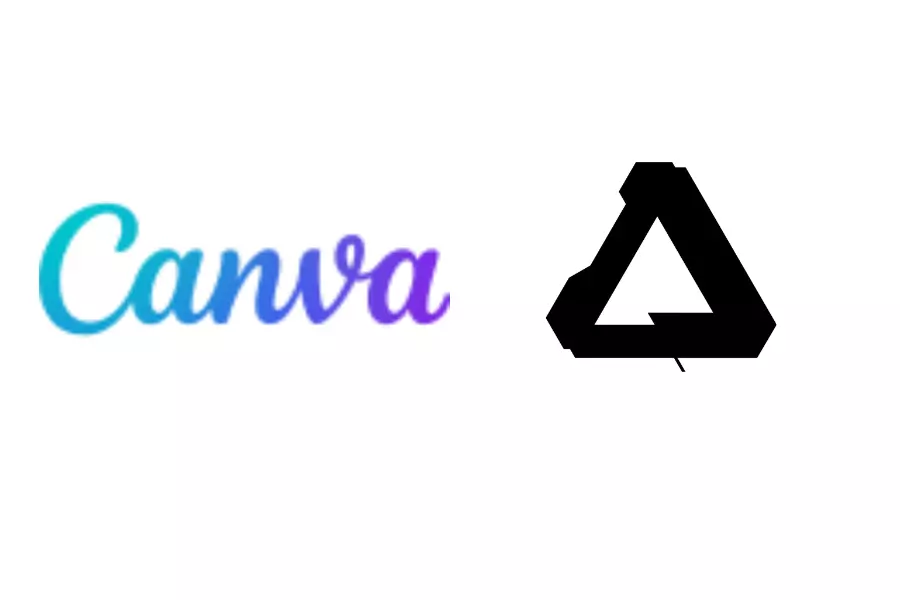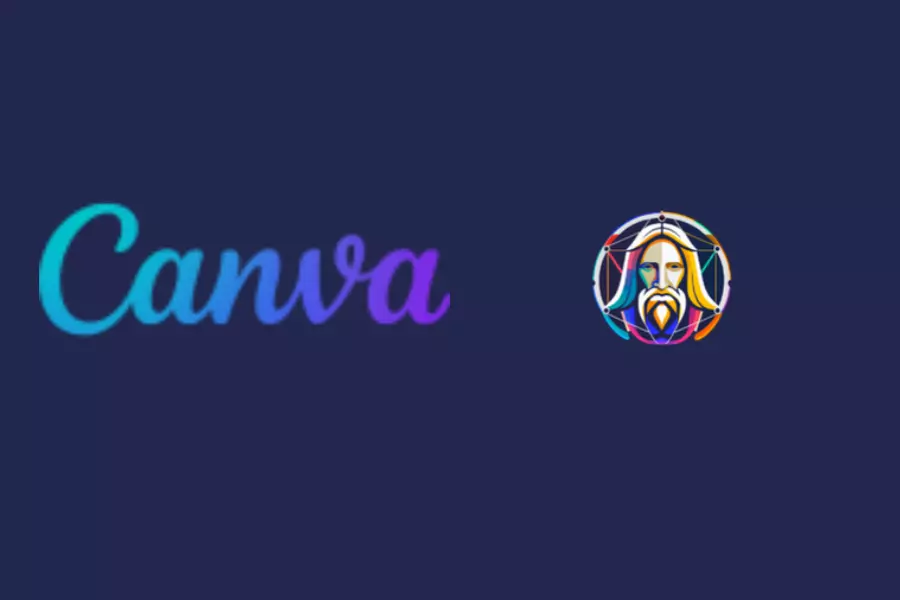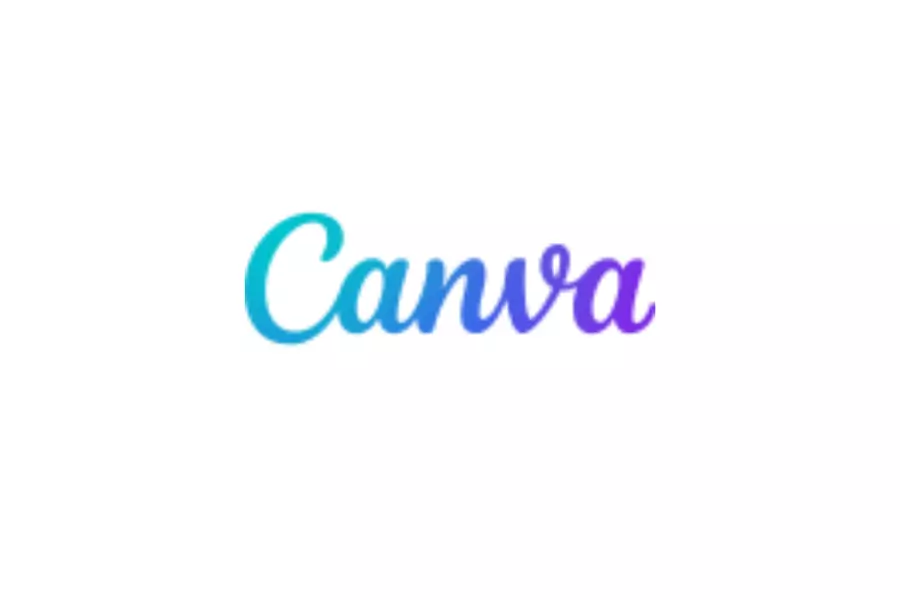On March 26, 2024, Canva announced its acquisition of Affinity for hundreds of millions of pounds, sparking discussions in the design community. This article delves into the features of both tools, their target user groups, and the potential impact of this acquisition, providing insights for designers and businesses.

Canva is an online design tool aimed at non-professional designers. Its features include:
- Rich template library: Offering over 250,000 ready-made templates
- Intuitive drag-and-drop interface: Easy for beginners to use
- Collaboration features: Ideal for team projects and remote work
- AI integration: Includes AI tools like Magic Media, Dall-E, and Imagen
Canva primarily targets the following user groups:
- Small business owners
- Social media managers
- Students and educators
- Beginners and hobbyists
While Canva excels in simple and quick design tasks, it has limitations for complex design projects.
Affinity: The Choice for Professional Designers
Affinity is a suite of professional-grade design software, including Affinity Designer, Affinity Photo, and Affinity Publisher. Its features include:
- Powerful functionality: Capable of handling complex design tasks
- One-time purchase: No subscription needed
- Cross-platform support: Available for Windows, Mac, and iPad
- Professional color management and output options
Affinity’s target users are mainly:
- Professional graphic designers
- Illustrators and digital artists
- Publishing industry professionals
- Businesses requiring advanced design features
Potential Impact of the Acquisition
Canva’s acquisition of Affinity could lead to the following impacts:
- Technology integration: Canva may incorporate Affinity’s advanced features into its platform
- User base expansion: Canva might attract more professional designers
- Subscription model changes: Affinity users worry about a potential shift to subscription-based pricing
- Product line expansion: Canva could introduce more professional design tools
Designers’ Concerns
Many professional designers have expressed concerns about this acquisition:
- Worrying that Affinity’s professional features might be simplified
- Unease about the possible introduction of subscription pricing
- Concerns about Affinity’s independence and innovation being affected
Future Outlook
Despite the concerns, this acquisition could bring positive changes:
- A stronger design ecosystem
- More resources invested in research and development
- Providing more comprehensive solutions for designers of different levels
Conclusion
Canva’s acquisition of Affinity marks a significant shift in the design tools industry. While it may cause some apprehensions, it also opens up new possibilities for the future development of design tools. Both professional designers and hobbyists should closely follow the changes brought about by this acquisition and choose the tools that best meet their needs.








